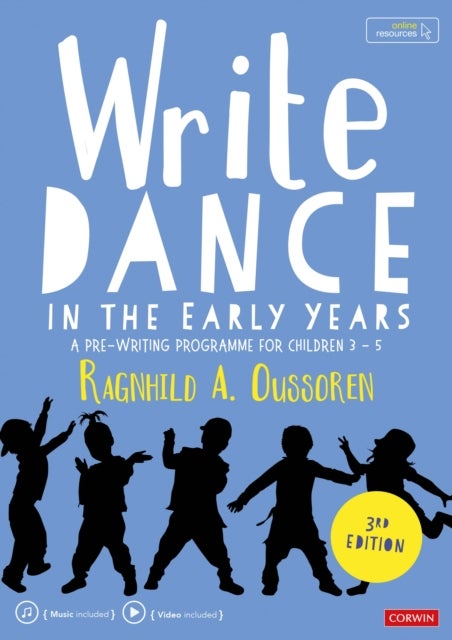
The Routledge Handbook of the Philosophy and Science of Punishment
589,-
<P>Philosophers, legal scholars, criminologists, psychiatrists, and psychologists have long asked important questions about punishment: What is its purpose? What theories help us better understand its nature? Is punishment just? Are there effective alternatives to punishment? How can empirical data from the sciences help us better understand punishment? What are the relationships between punishment and our biology, psychology, and social environment? How is punishment understood and administered differently in different societies? <I>The Routledge Handbook of the Philosophy and Science of Punishment</I> is the first major reference work to address these and other important questions in detail, offering 31 chapters from an international and interdisciplinary team of experts in a single, comprehensive volume. It covers the major theoretical approaches to punishment and its alternatives; emerging research from biology, psychology, and social neuroscience; and important special issues like








